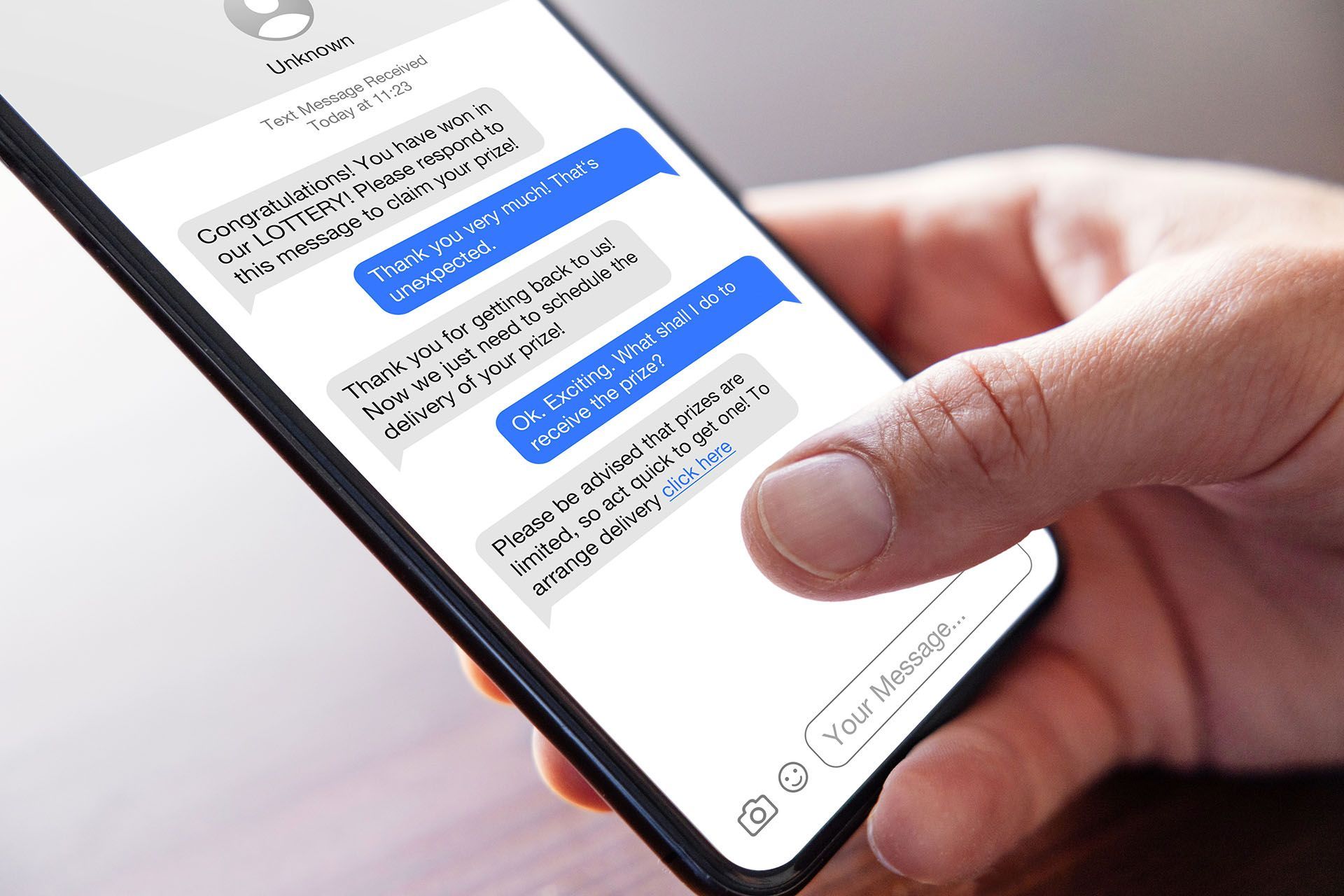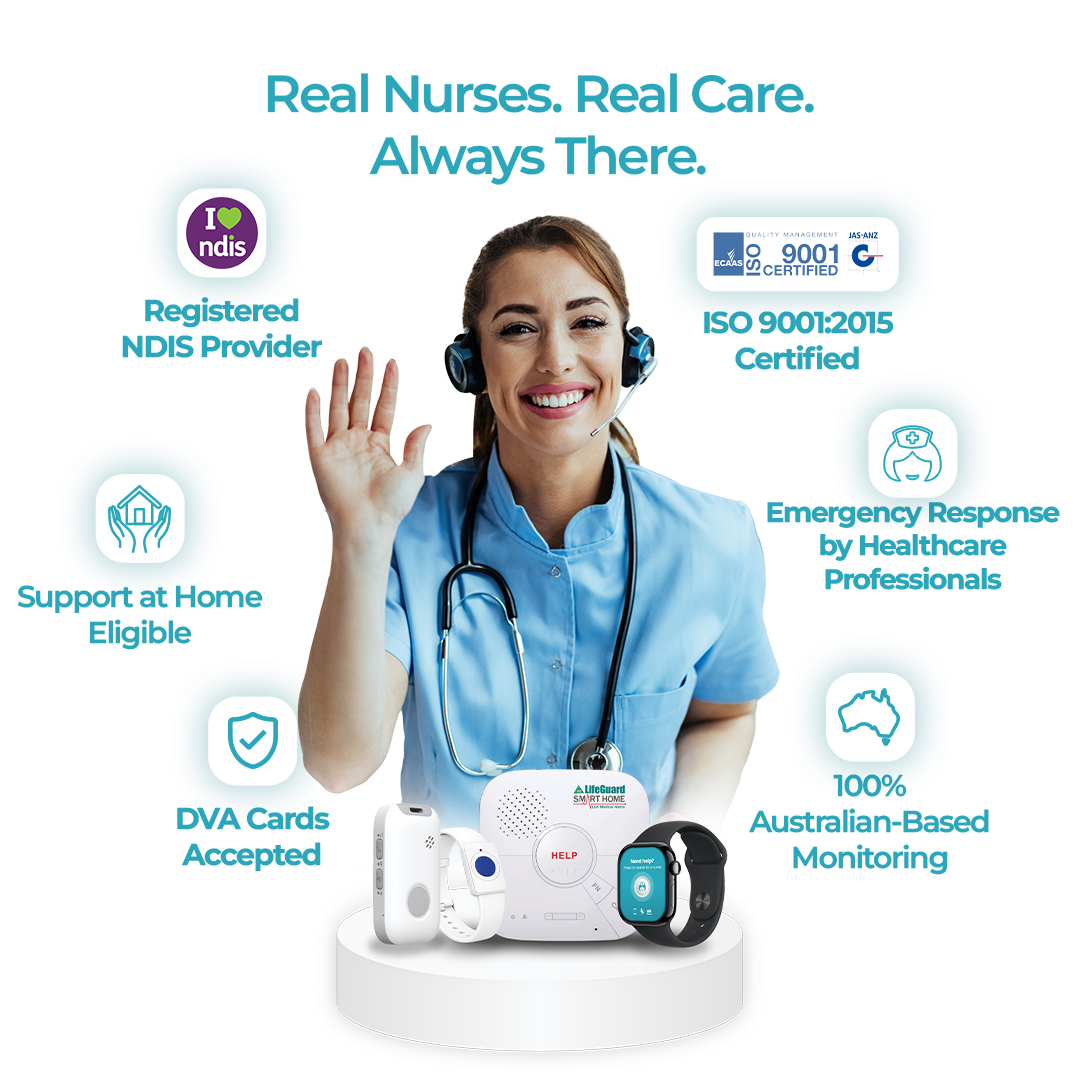Have a Question?
Scam Alert: The Top Threats Facing Australians in 2025

Scammers are evolving faster than ever, using AI, deepfakes, and sophisticated impersonation tactics to target Australians across phone calls, emails, texts, and social media. Recent reports show Australians lost over $2 billion to scams in 2024, with new methods emerging every month.
One of our clients recently shared a real-life example:
“I got a scam call from someone claiming to be from eBay. They said a gift voucher had been purchased on my account and asked if I’d received any emails. When I said no, they said that’s why they were calling. Then they started asking me to check my phone settings. I ended the call by telling them I had a Nokia 3310—they hung up with a not-so-nice goodbye.”
This kind of encounter is far too common. Let’s break down what’s happening—and how to protect yourself.
Top Scams Targeting Australians in 2025
1. AI-Driven Impersonation Scams
Scammers use AI to create deepfake videos and voice clones of celebrities, government officials, and even loved ones. These impersonations promote fake investment opportunities or solicit personal information.
Red Flags:
- Unexpected messages or calls from known individuals requesting money or sensitive information.
- Videos or audio that seem slightly off or contain glitches.
Protection Tips:
- Verify requests through a separate, trusted communication channel.
- Be sceptical of unsolicited investment opportunities, especially those involving cryptocurrencies.
2. Romance Investment Scams ("Pig Butchering")
Scammers build fake online relationships over weeks or months, then convince victims to invest in phony cryptocurrency platforms. Once the victim invests, the scammer disappears with the funds.
Red Flags:
- Online relationships that escalate quickly.
- Partners who avoid video calls or in-person meetings.
- Requests for money or investment in specific platforms
Protection Tips:
- Be cautious of online relationships that progress rapidly.
- Never send money or invest based on recommendations from someone you’ve never met in person.
3. Phishing and Impersonation Scams
Scammers pose as trusted organisations like the ATO, banks, or telcos, sending emails or texts that prompt you to click on malicious links or provide personal information.
Red Flags:
- Messages with urgent language prompting immediate action.
- Emails or texts with unfamiliar sender addresses or phone numbers.
- Links that lead to websites requesting login credentials or personal information.
Protection Tips:
- Do not click on links in unsolicited messages.
- Verify the authenticity of messages by contacting the organisation directly using official contact details.
4. Remote Access Scams
Scammers call pretending to be from tech support or your bank, claiming there's an issue with your device or account. They instruct you to download remote access software, allowing them to control your device and steal sensitive information.
Red Flags:
- Unsolicited calls claiming urgent technical issues.
- Requests to download software like AnyDesk or TeamViewer.
Protection Tips:
- Never grant remote access to your device unless you know the caller’s identity.
- Hang up and contact the company directly using official contact information.
5. Fake Online Stores ("Ghost Stores")
Scammers create fake online stores that mimic legitimate retailers, offering products at unbeatable prices. Once you make a purchase, the product never arrives, and the store disappears.
Red Flags:
- Websites with limited contact information or poorly written content.
- Prices that are significantly lower than those on reputable sites.
- Lack of customer reviews or presence on social media.
Protection Tips:
- Research unfamiliar online stores before making a purchase.
- Use secure payment methods like credit cards that offer fraud protection
Scams Targeting Older Australians

As a trusted provider of personal alarms for the elderly, we are deeply concerned about the growing number of scams that specifically target seniors.
In 2023, Australians aged 65 and over were the only age group to report increased scam losses, with total losses rising 13.3% to over $120 million.
Seniors are often targeted because they:
- May be more trusting of authority
- Often answer unknown calls
- May not recognise the signs of a scam
- May have savings, investments, or pensions
Scams commonly targeting older Australians include:
- Government impersonations (e.g. ATO or Medicare)
- Tech support hoaxes
- "You’ve won!" prize or travel scams
- Emergency scams (e.g. “your grandchild is in trouble”)
Tips for Seniors and Families:
- Encourage regular conversations about scams
- Help set up spam filters and call blockers
- Reassure loved ones that it’s okay to hang up or delete messages
Awareness is the best defense.
How to Stay Safe from Scams
Here are some practical, immediate actions you can take to protect yourself and your loved ones:
- Hang up immediately on suspicious calls
- Don’t click on links in texts or emails unless verified
- Use call screening apps like Telstra Call Guardian or ScamShield
- Set up strong passwords and enable two-factor authentication
- Report all scams to Scamwatch and your bank
By staying vigilant and informed, you can protect yourself and your community from scammers' ever-evolving tactics. Share this information with friends and family to help raise awareness and prevent further victims.
Note: This blog post is based on information available as of May 2025. For the most current scam alerts and advice, please refer to official resources like Scamwatch.

About
INS LifeGuard is the only 24/7 nurse on-call personal and medical monitoring in Australia. We provide monitoring technology for both in the home and on the go and can also monitor other provider's equipment. Our services are suitable for anyone wanting support to stay independent such as the elderly, those with medical conditions and disabilities plus enhancing safety and security for lone workers.

















